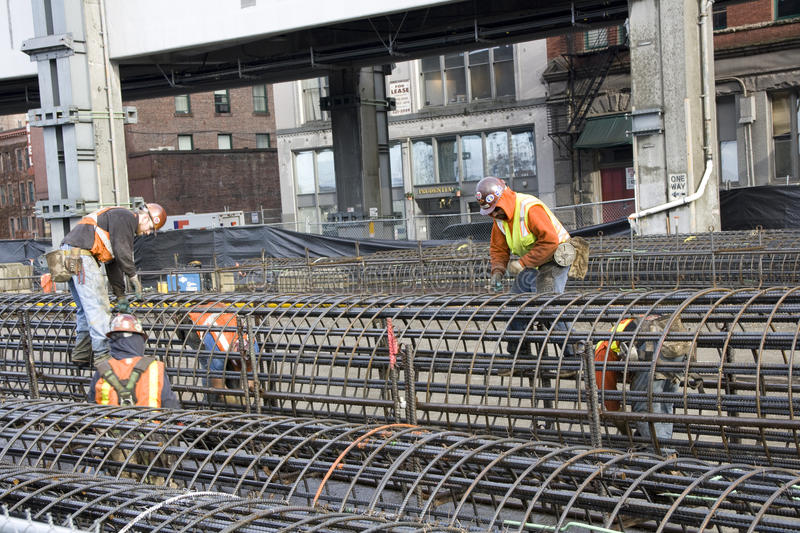Running over budget is most project managers’ nightmare. Cost overruns erode your client’s trust and decrease your firm’s profitability. However, cost overruns are more common than you think. Research indicates that around 15% of projects have a cost overrun of 200%.
Although factors beyond your control can cause a cost overrun, in most instances, it is due to inaccurate estimates. Lack of foresight into projects and poor budget management can also cause budgets to skyrocket.
The following are some techniques you can employ to prevent cost overruns:
Keep Everything On Track Using Specialist Software
Lack of budget transparency is one of the primary causes of budget overruns, but it is also among the easiest to avoid. You can keep tabs on the budget by regularly checking the progress of tasks, materials, labor, and other construction aspects.
A reliable construction management software will help you recognize signs of cost overruns. It will give you more time to take care of the issues before they become problematic. Modern technology will provide insights into your budget and help you manage costs in real-time.
You can also keep track of people working on a project. For instance, staff and contractors can record their time and expenditures using a web portal or mobile application. Use construction time tracking software with high-accuracy GPS to track employee working hours, such as arrivals and departs to the site, travel time, and mileage, to eliminate overreported hours and run more profitable projects. Also, softwares that have user-friendly design principles make it super quick to clock in or allocate hours to a project, so both the management and the team can benefit from them.
Make Accurate Estimates
A majority of cost overruns can be attributed to inaccurate project estimates. Your construction project will overrun its budget from day one if your initial budgets and schedules are inaccurate.
Accurately estimating the cost of a project can be challenging since you have to consider factors such as costs and labor. Although a one size fits all approach may be tempting, you should use a budget plan for similar construction projects.
Identify areas where other projects have overrun their budgets. It will be a crucial template for your future estimates. Your estimates also need to be realistic. You can get advice from team members and other stakeholders that have previously worked on similar projects. It can help you set a more accurate budget from the beginning.
Have a Contingency Plan
Many factors can change and affect a project between its inception and execution. These factors include the cost of materials, labor, financing, and material shortages. You must be prepared for aspects out of your control, like extreme weather that can lead to project delays. To prevent budget overruns, you should have a contingency plan in place.
In most instances, construction requires a contingency of 10 to 15% of the total cost. Larger projects will require significantly larger contingencies.
Develop a Clear Project Scope
You might plan for one set of deliveries when managing a construction project. However, clients often start asking for things that were not in the initial plan. Although some changes are necessary, drastic scope creep can jeopardize your project budget. You will see an increase in billable hours and other costs.
As a construction project manager, your job entails constantly fighting scope creep. Therefore, developing a straightforward project that all parties agree with is crucial. Ensure that team members and administrators can communicate easily.
This will help them determine what to invoice, the project’s progress, or variations that need to be accounted for. Your team is likely to watch their expenses if you keep them in the loop regarding budget status.
Preventing project cost overruns is easy if you take a sensible approach when planning and tracking the work. Sufficient planning will give you a solid and realistic foundation for your project. Also, good monitoring will help you determine problematic areas.
This ensures you have enough time to adjust your project management approach accordingly. An excellent construction management software will keep your clients happy and increase your business’s profits.



















